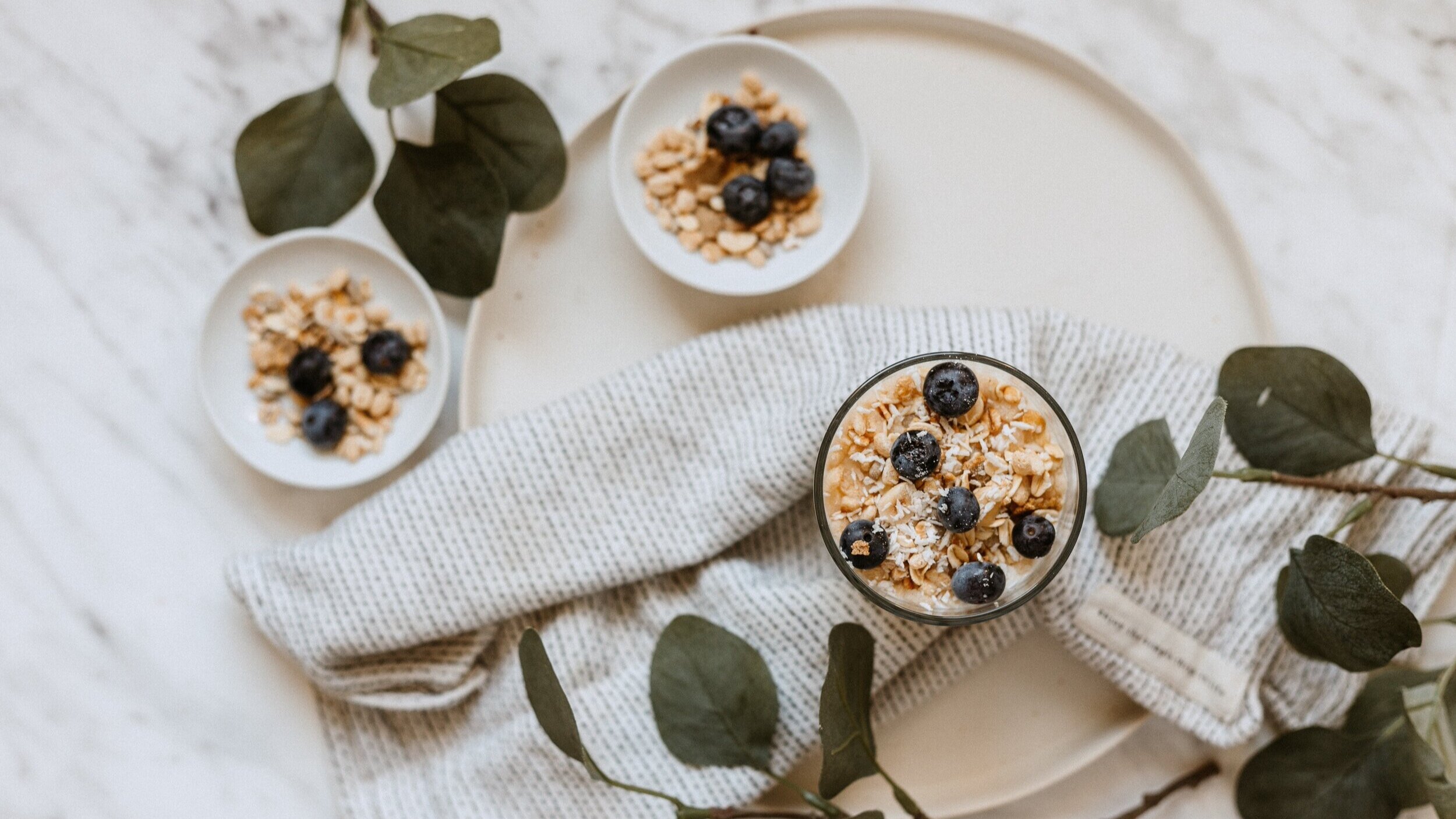10 Foods That Fight Inflammation
“The food you eat can be either the safest and most powerful form of medicine or the slowest form of poison.”
Pop quiz: What is something that protects us from injury, infection, and illness and improves healing time but is also linked to cancer, diabetes, and obesity? If you said inflammation, you’re spot on.
So is inflammation good or bad?
Believe it or not, inflammation can actually be a good thing at times. Like when your body is transferring more blood and fluid to an area such as an injury to heal it. Or when your body is fighting off an illness since the inflammation serves as a means of cell transportation to increase the number of cells available to do the fighting. These are both examples of acute inflammation.
Inflammation is a bad thing when it becomes chronic, meaning your body responds with too much inflammation or for too long. When this occurs, your system will start attacking its healthy cells and organs and there can be many serious consequences, such as chronic joint pain, weight gain, reduced immunity, fatigue, reduced nutrient absorption, and increased disease risk including cancer, heart disease, diabetes, Parkinson’s disease, and many more. If you don't think you need to worry about inflammation, think again. 3 out of 5 people worldwide die from chronic inflammatory diseases. And scientists predict that 1 in 3 Americans will have an inflammatory disease within the next two decades.
Fortunately, there are many things we can do each day to combat chronic inflammation. First off, don’t smoke. Second, maintain a healthy weight or lose/gain weight to move toward your body’s healthy weight. And finally, eat a healthy diet. Research has found that a Mediterranean diet is linked to lower inflammatory markers. More generally, I recommend eating a healthy diet that is full of colorful fruits and vegetables, is low in saturated and trans fats, and favors whole grains over refined and processed foods.
Here are 10 inflammation-fighting foods you can consider adding to your next grocery shopping haul.
1. Wild-Caught Fish
Salmon and tuna are great sources of inflammation-fighting omega-3 fatty acids. These foods help offset the pro-inflammatory effects of omega-6 fatty acids, which are pervasive in our diet.
2. Flaxseeds
Flaxseed is packed with omega-3 fatty acids, which can help reduce inflammation. Make sure you store them in your refrigerator or freezer to prevent these good fats from oxidizing. Grind them to release the oils, and then add a spoonful of it to your salad, or yogurt.
3. Raw Walnuts
Walnuts are loaded with anti-inflammatory omega-3 fatty acids. Just make sure they are raw (not roasted) to snag these benefits. Top a salad with a handful of walnuts, add to oatmeal, or eat them on their own as a snack.
4. Extra-Virgin Olive Oil (cold pressed)
Studies suggest consuming a Mediterranean-style diet — a diet high in plant foods and olive oil — helps decrease joint tenderness in people with rheumatoid arthritis. The compound oleocanthal, which gives olive oil its taste, has been shown to have a similar effect as NSAID painkillers in the body.
5. Leafy Greens
Greens are not only high in chlorophyll, which purifies the blood, but they're also a great source of magnesium, helping the liver manufacture enzymes to properly digest food. Load up on greens like spinach, kale, swiss chard, and fresh herbs like cilantro, basil, and parsley.
6. Dark Chocolate (80% cacao or higher)
The consumption of dark chocolate has been linked to lower levels of C-reactive protein (CRP), a biomarker of inflammation in the body. One square (1 oz) is all it takes to capture this health perk. You’re welcome!
7. Turmeric
Turmeric, also known as curry, is a traditional spice of Indian cuisine. In a recent pilot study, supplemental turmeric helped reduce joint tenderness and swelling in people suffering from rheumatoid arthritis.
8. Ginger
Research shows that ginger affects certain inflammatory processes at a cellular level. In fact, a University of Miami study concluded that ginger extract could one day be a substitute to non-steroidal anti-inflammatory drugs (NSAIDs).
9. Pineapple
This tropical fruit is one of the richest sources of an enzyme called bromelain, which can help soothe muscle injuries like sprains and strains.
10. Organic Tart Cherries
According to the latest research, tart cherries may boast the most anti-inflammatory power of any food. In a recent study, women with osteoarthritis who drank tart cherry juice twice a day for several weeks experienced a significant reduction in important markers of inflammation. (Note: cherries are one of the most contaminated foods with pesticides, so invest in organic to eliminate the toxic residues that may spark inflammation.)
Along with anti-inflammatory foods, I often get asked which supplements can help the body fight inflammation. While it's important to get vitamins, minerals, and other micronutrients through a diet high in fresh fruits and vegetables, it's true that the body can sometimes benefit from extra support from supplements.
Omega-3’s. In doses of 3 grams or more per day, has been found effective for those with rheumatoid arthritis, reducing morning stiffness and the number of joints that are tender or swollen, according to a review of the research on omega-3 fatty acids and health in American Family Physician. This formula is made with a molecular distillation process for the utmost purity and potency of omega-3’s fatty acids, including EPA and DHA.
Vitamin C: Your body is capable of many things, but it can’t make vitamin C. This formula offers a proprietary sustained-release system that delivers the vitamin C equivalent of one-and-a-half oranges every hour for five hours.
Boswellia and glucosamine. These key joint nutrients help bring joint comfort and mobility. This formula helps joints feel better in less than 5 days, guaranteed.




Hidden nutrient gaps may be the reason you're showing up as less than your best.